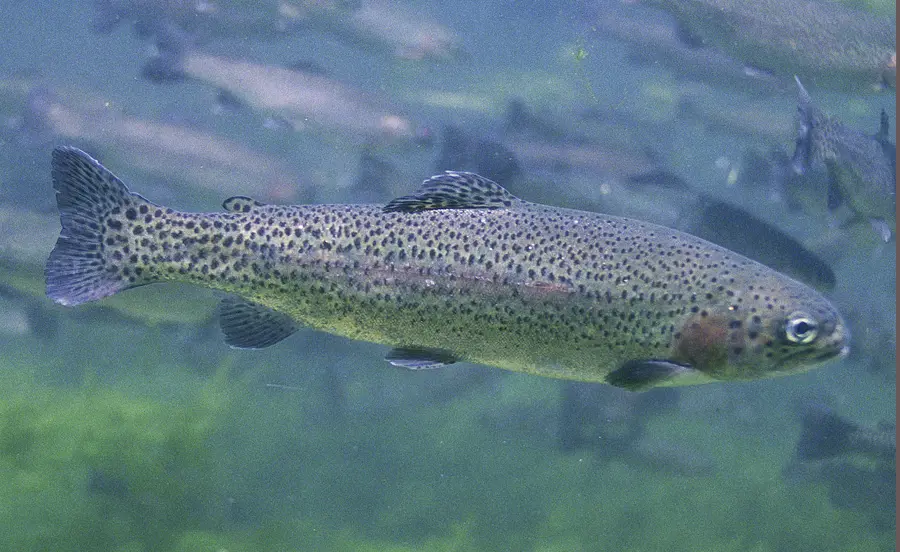
Evaluation of in vitro assays to screen for the immunotoxic potential of chemicals
Numerous environmental chemicals are known to interfere with immune functions of man and wildlife and impair their ability to fight pathogens. These effects are cologically relevant and can adversely affect whole populations. Reseachers have been able to show that environmental pollutants can increase the rate of infection of amphibia with parasites, thereby contributing to their global decline. Studies with fish, seals and dolphins also show that exposure to chemicals can increase the rate of infection with viruses.
So far, however, there is a lack of scientifically validated and standardized assays to screen for immunomodulating activities of chemicals for wildlife species. In view of current efforts to reduce experiments with animals, it is clear that any immunotoxicity screening assay should rely on an in vitro rather than an in vivo approach. In this project we investigate the suitability of an in vitro bioassay using cultured immune cells from rainbow trout. The end points of this assay are the phagocytosis activity, the release of reactive oxygen species ("respiratory burst activity") during phagocytosis and the cytokine expression, as those represent the most wideley used parameters to detect immunotoxic activities of chemicals in fish. The following questions should be answered:
- Is an in vitro assay indeed suitable as a screening assay? Immunological effects of chemicals may result from interactions and crosstalk within the immune system – a quality which is difficult to assess by in vitro assays.
- Are the chosen end points comprehensive and able to screen for diverse modes of immunotoxic activities?
- How sensitive are these immunological tests? Do they react at low chemical concentrations clearly distinct from generally toxic effects as they occur at high concentrations?